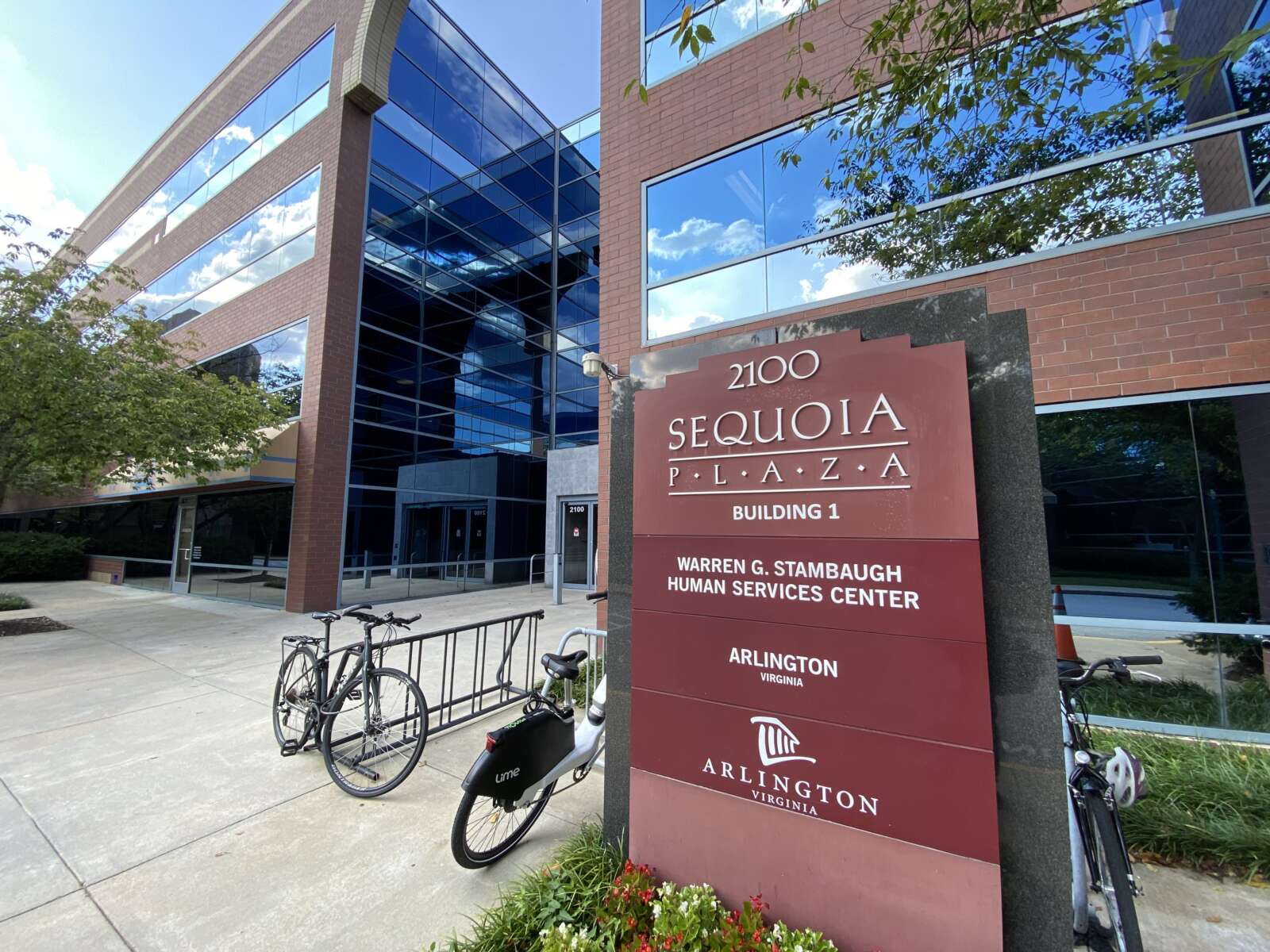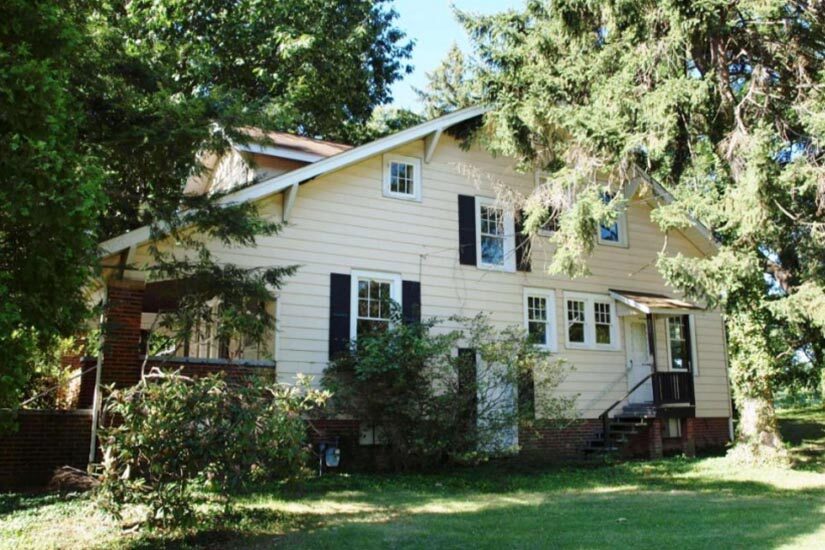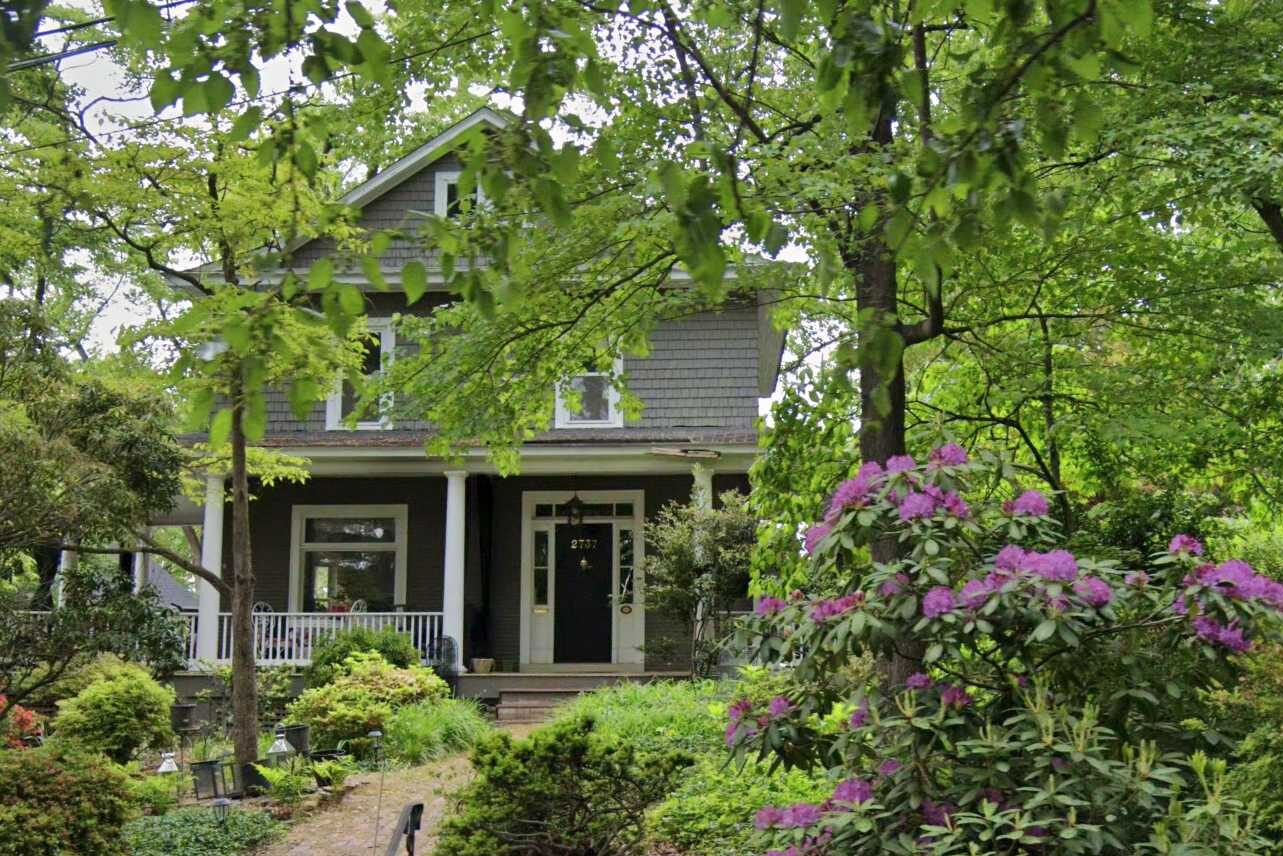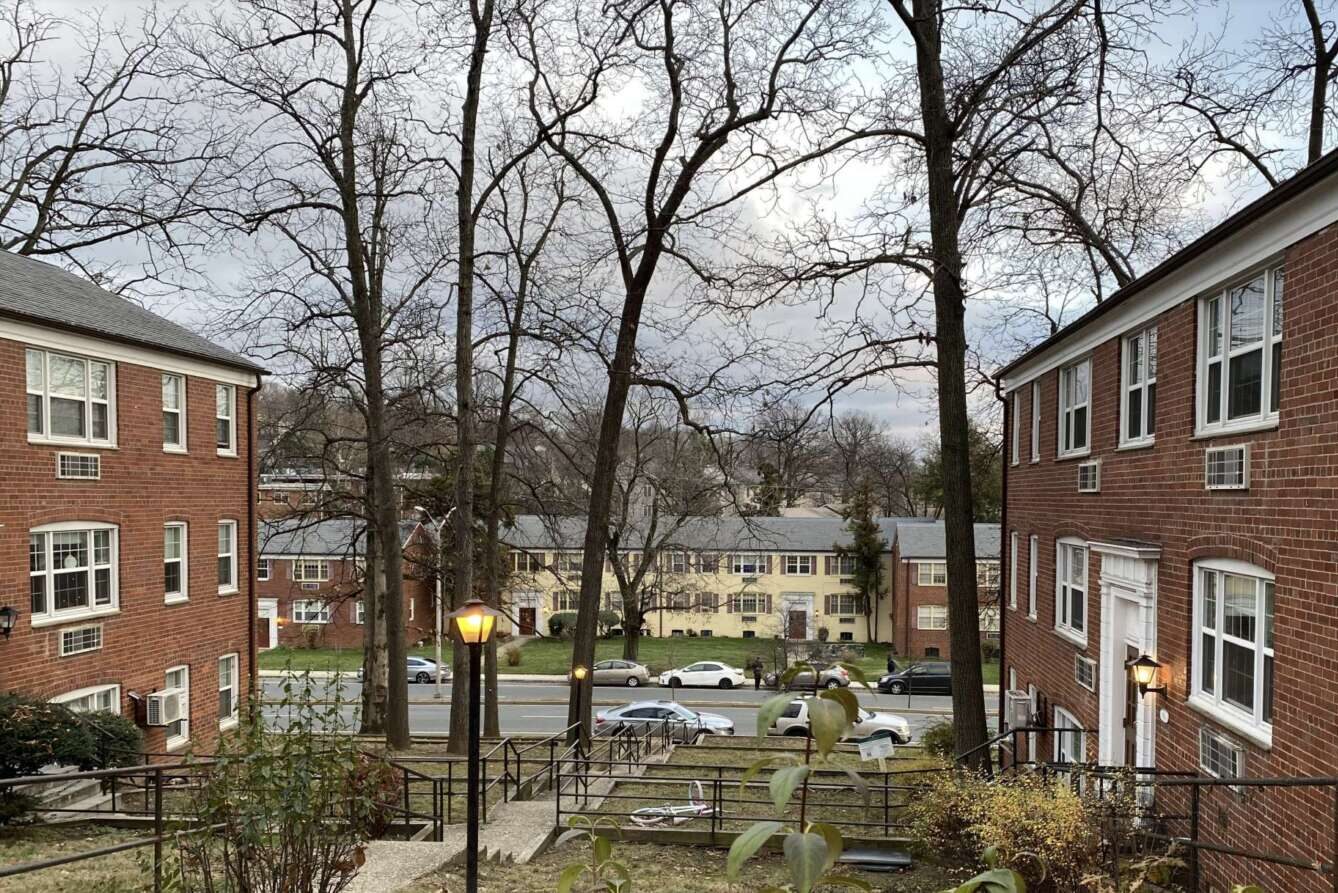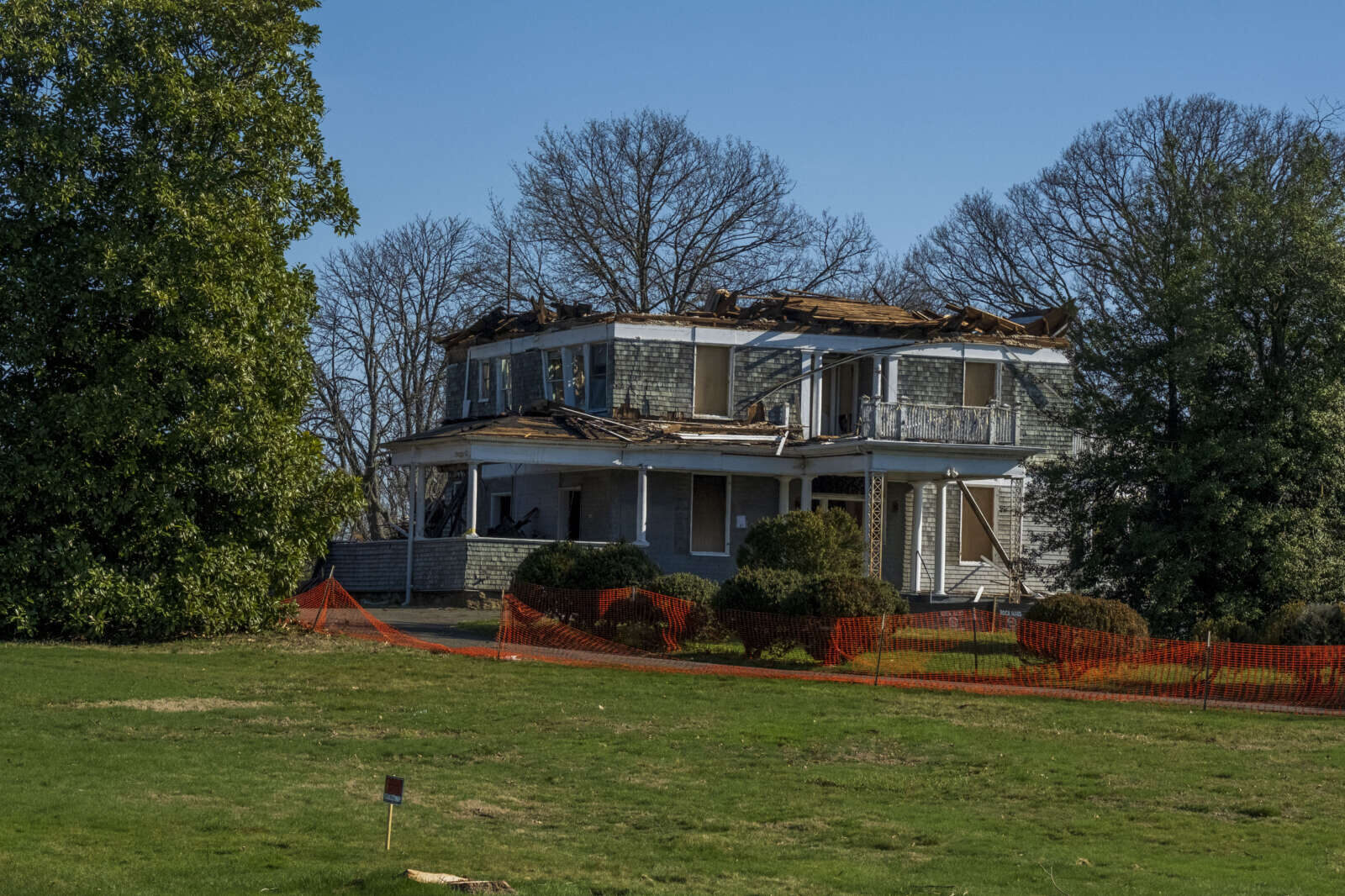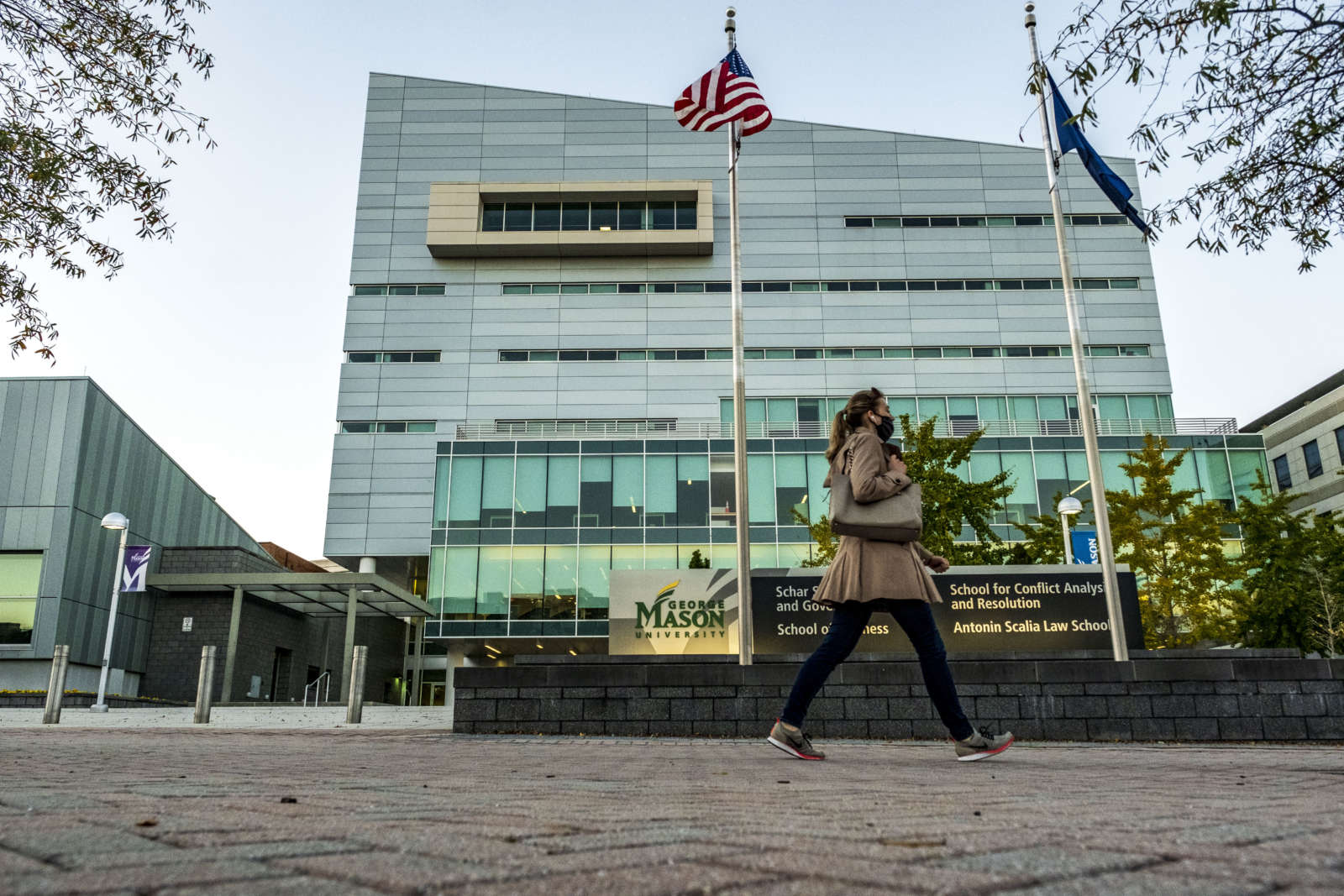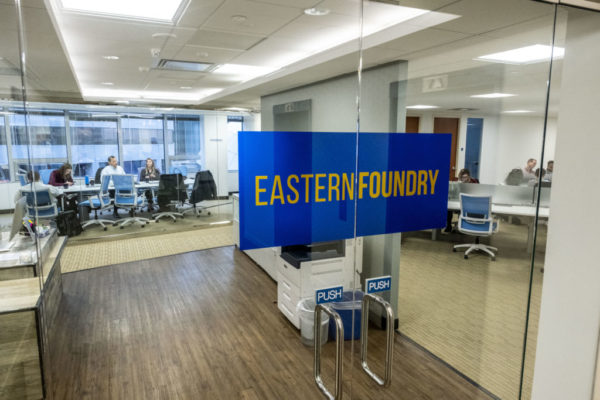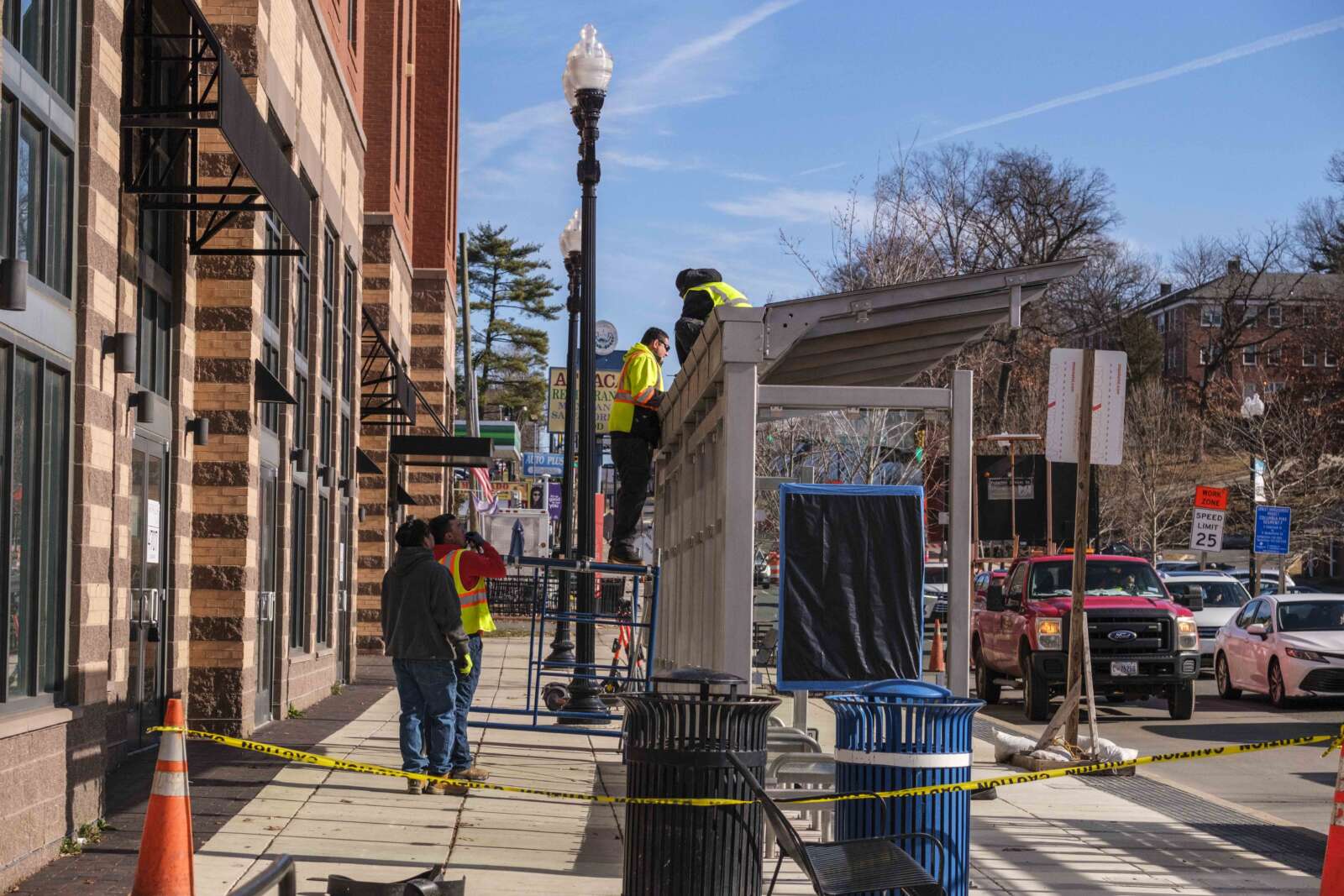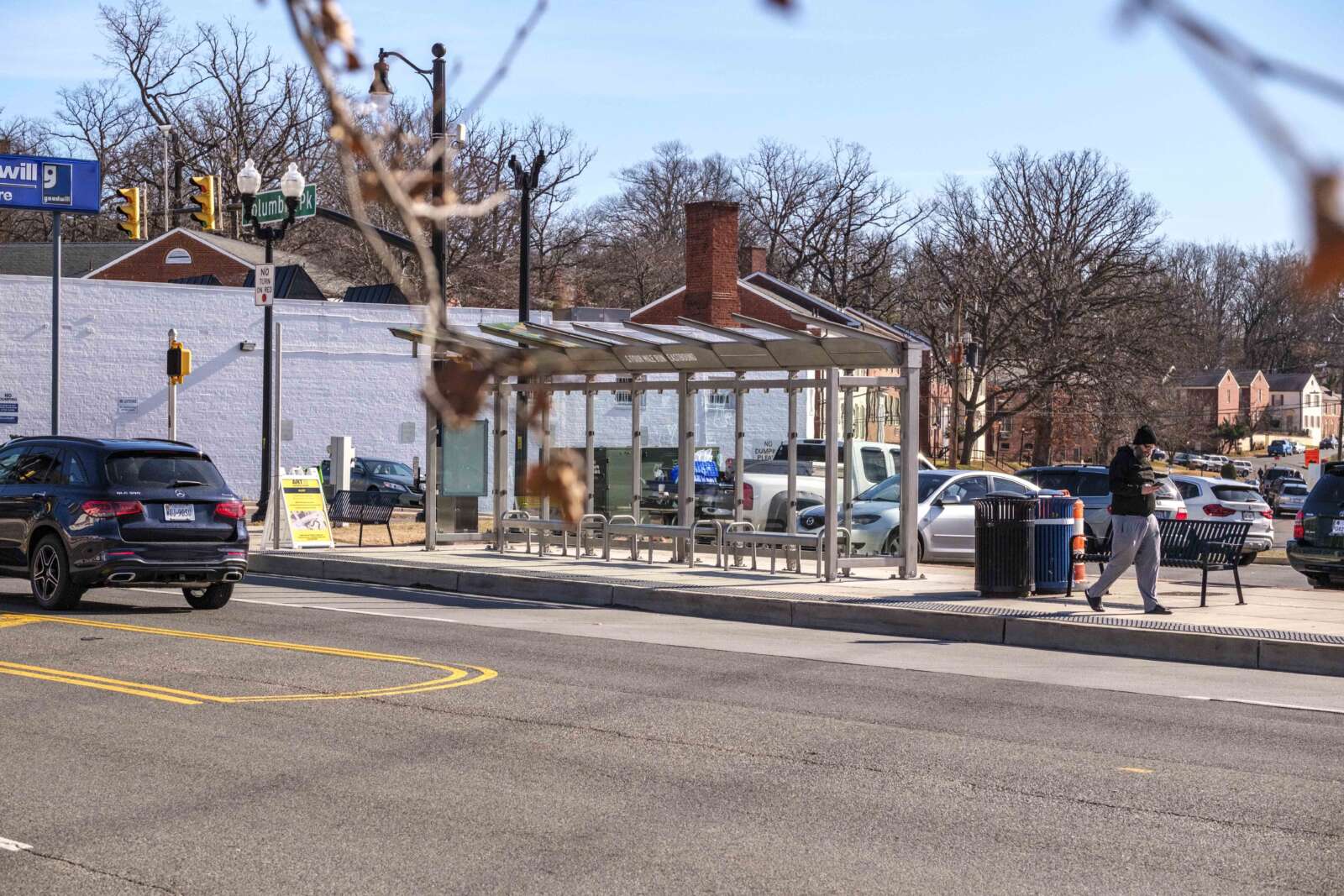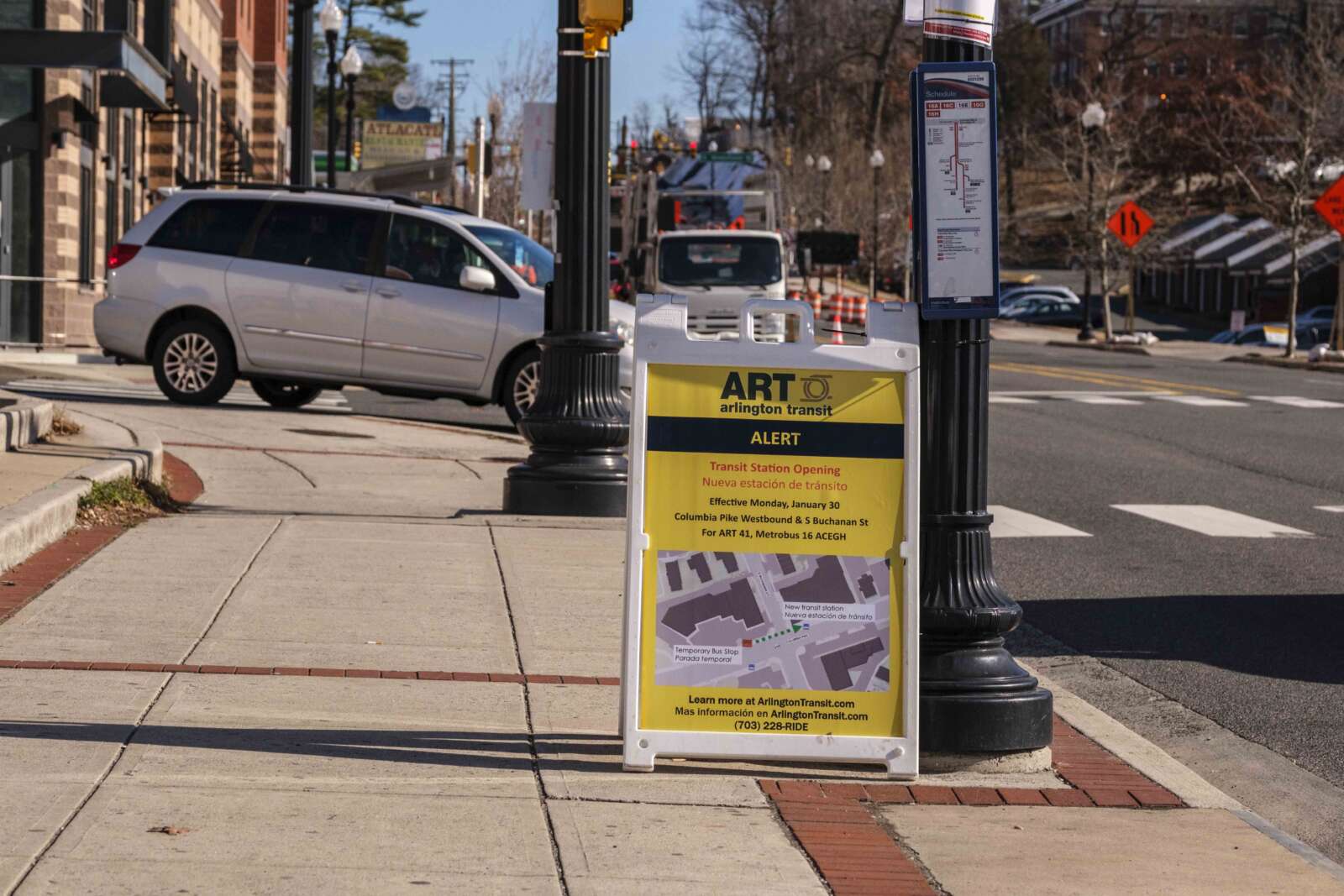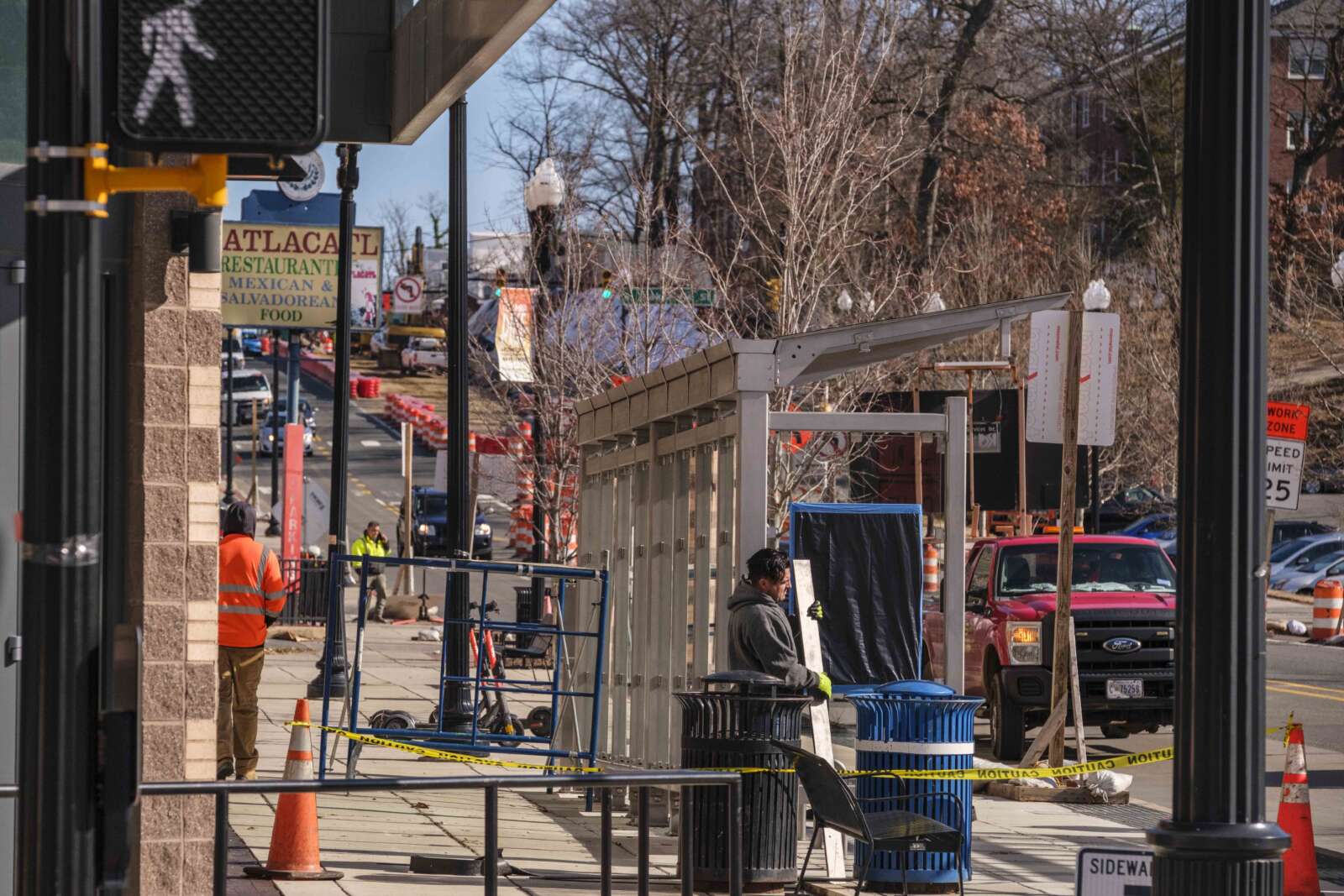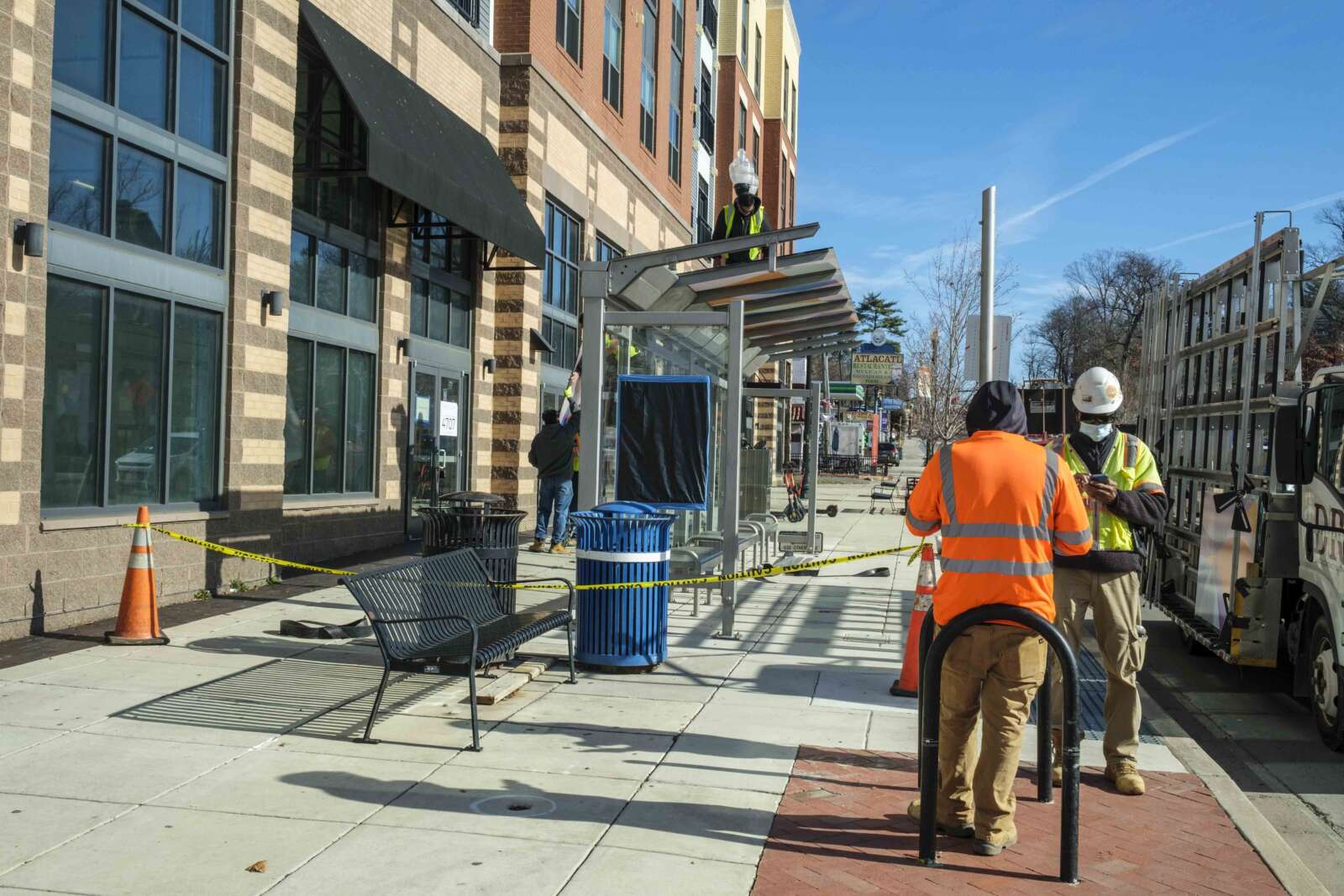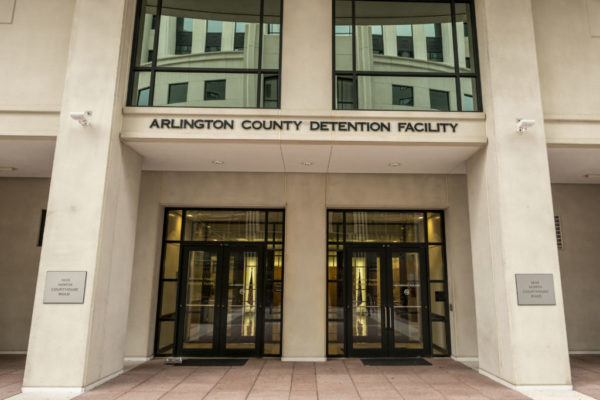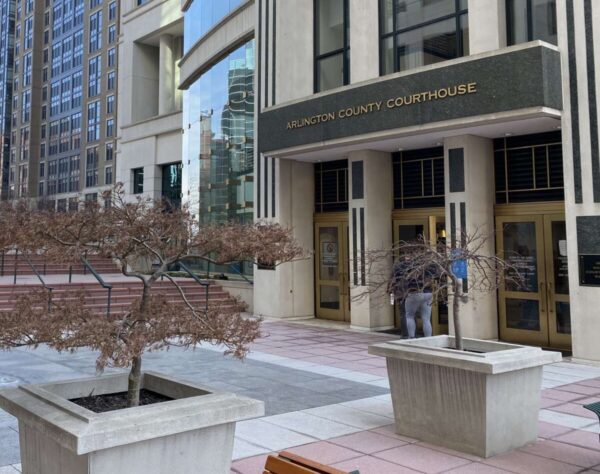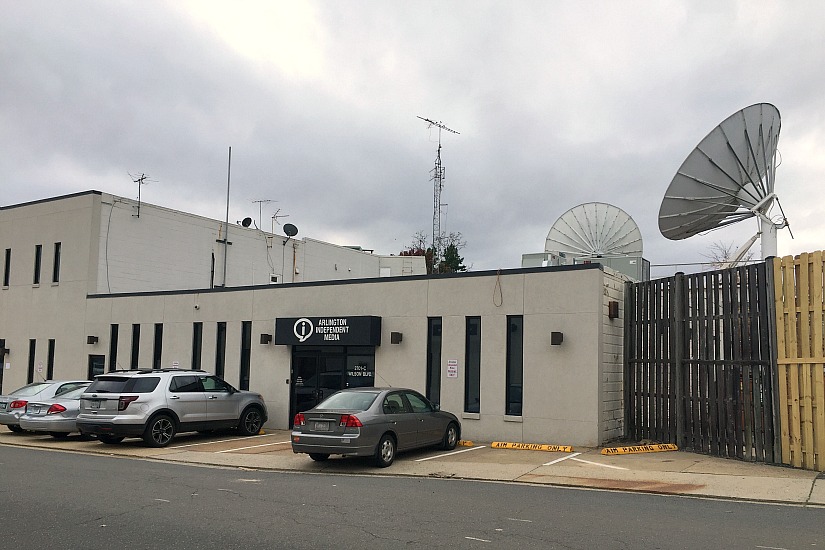
This weekend, the Arlington County Board adopted a new agreement governing how Arlington’s public access station, Arlington Independent Media, can request funding.
AIM has a claim on Public, Educational and Government (PEG) funds that Arlington County receives as part of its franchise agreements with Comcast and Verizon. It competes with Arlington Public Schools and county government initiatives for this pot of money, which is dwindling as people end their cable subscriptions.
The new agreement establishes rules for requesting funds, a heretofore ad-hoc process. It requires AIM to maintain and present a detailed capital budget and make PEG requests only as part of the annual budget process, though emergency requests will be considered.
AIM has to provide a host of supporting documents for PEG requests as well as receipts demonstrating it is not using the funding on salaries, rent and utilities. The county reserves the right to audit the nonprofit’s records or require a third-party audit as often as necessary and will take back PEG funding if AIM uses it improperly.
The agreement was approved as AIM prepares to move its headquarters from Clarendon to Courthouse and, to stay afloat, has furloughed staff and will be selling equipment and memorabilia.
“AIM staff is currently on furlough throughout the holidays and thus only working on critical assignments,” the organization said in an email to supporters today, recapping its annual meeting earlier this month. “This has been structured to minimize producer impact, however we ask for your grace & patience while we transition to our new spaces.”
Periods of unpaid work are not a new issue, according to one source close to a former staff member, who had been asked to work without pay before.
Meanwhile, AIM’s current lease ends at 2701 Wilson Blvd, next to the Beyond Hello dispensary in Clarendon, is up on Dec. 31. The organization will make a new Green Valley satellite location, in a county-owned building at 3700 S. Four Mile Run, its home base until the Courthouse location is set up.
The new “AIMLive!” radio and TV broadcasting space in Courthouse is part of AIM’s goal to have a number of locations across Arlington, “with an eye on a new HQ sometime in the next 2-3 years,” the email said.
Despite the upheavals, Board President-elect Chris Judson remained upbeat in his remarks to supporters.
“This year presents a new beginning after a long effort to reinvent the organization,” he said in an email. “We owe tremendous gratitude to AIM staff for the extensive planning and execution that saw this plan to completion.”
During the annual meeting earlier this month, nonprofit leaders were frank about the organization’s financial status, detailing the furloughs and saying AIM was in survival mode. Still, they dismissed recent criticism over financial management from some people previously affiliated with AIM as a bad-faith attempt to defund the nonprofit.
They also addressed mixed public opinion about the role and importance of a primarily cable TV and radio-based nonprofit going forward, in an increasingly online world. Outgoing board president Demian Perry said he read the comments on ARLnow’s most recent article about AIM and they stung him but they were “nothing new.”
As for the new agreement governing PEG requests, AIM CEO Whytni Kernodle has told ARLnow in several interviews that she has pushed for this document to improve accountability — both for AIM and the county.
“They weren’t giving money to the ‘P’ or the ‘E’ and the PEG. So when I came on board, I recognized that… I’ve been asking for this memorandum,” Kernodle said. “What I’m saying to the county is, ‘You took us out, and now you’re not giving us money, and then you’re acting as though you don’t have to give us money when you have… an ethical obligation to your own public access center.”


